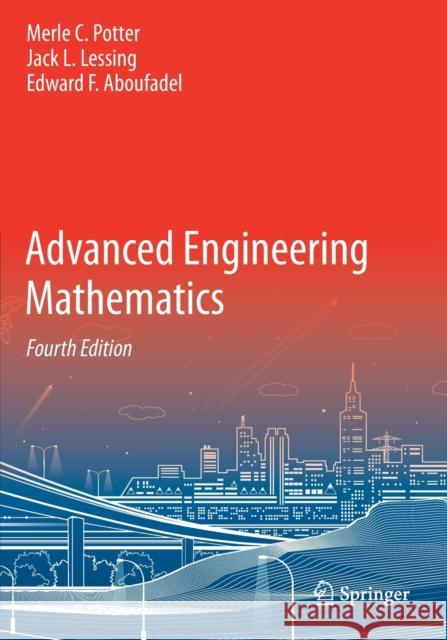Advanced Engineering Mathematics » książka
topmenu
Advanced Engineering Mathematics
ISBN-13: 9783030170707 / Angielski / Miękka / 2020 / 739 str.
Advanced Engineering Mathematics
ISBN-13: 9783030170707 / Angielski / Miękka / 2020 / 739 str.
cena 322,01
(netto: 306,68 VAT: 5%)
Najniższa cena z 30 dni: 308,41
(netto: 306,68 VAT: 5%)
Najniższa cena z 30 dni: 308,41
Termin realizacji zamówienia:
ok. 22 dni roboczych.
ok. 22 dni roboczych.
Darmowa dostawa!
Kategorie:
Kategorie BISAC:
Wydawca:
Springer
Język:
Angielski
ISBN-13:
9783030170707
Rok wydania:
2020
Wydanie:
2019
Ilość stron:
739
Waga:
1.28 kg
Wymiary:
25.4 x 17.78 x 3.84
Oprawa:
Miękka
Wolumenów:
01
Dodatkowe informacje:
Wydanie ilustrowane











